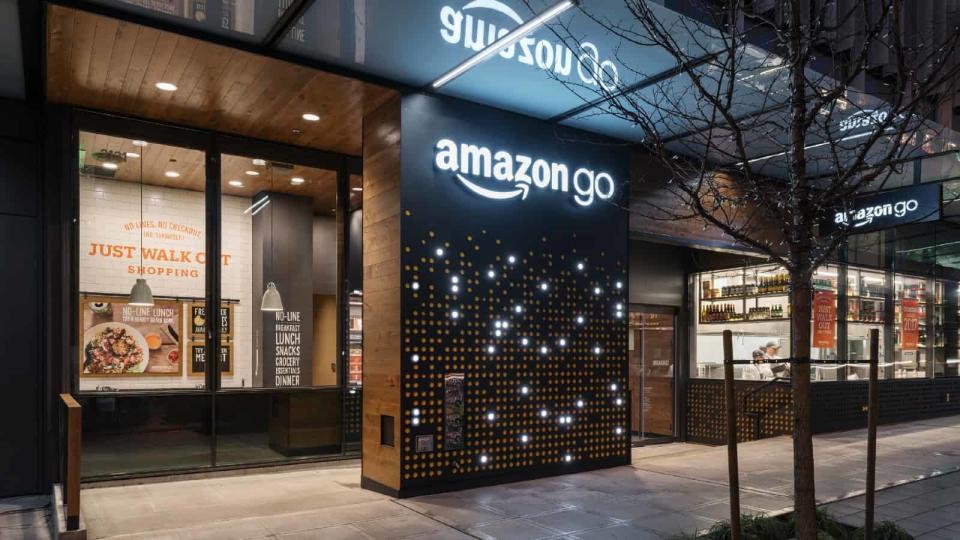
Amazon (NASDAQ:AMZN) founder Jeff Bezos recently announced plans to sell nearly $5 billion worth of shares, catching the attention of investors worldwide. This move comes at a time when Amazon’s share price has hit record highs, raising questions about the company’s future prospects and whether this insider sale should be a cause for concern.
Current performance
Before we look at the impact of Bezos’ stock sale, it’s important to look at Amazon’s recent performance. Its stock price recently hit an all-time high of $200.43. Shares are up over 30% so far in 2024, significantly outperforming the overall market.
The company reported strong first-quarter results earlier this year, boosted by its artificial intelligence activities. With a market capitalization of $2.1 trillion, it remains one of the most valuable companies in the world.
The Bezos sale
Jeff Bezos plans to sell about 25 million Amazon shares, worth nearly $5 billion at current prices. This follows a larger $8.5 billion stock sale in February. After this planned sale, Bezos would still own about 912 million shares, representing an 8.8% stake in the company.
It’s worth noting that large insider sales by founders of tech giants are not uncommon and often occur for a variety of reasons, including diversifying personal wealth, funding other ventures, or philanthropic efforts.
While large insider sales sometimes set off alarm bells, there are several factors that suggest Bezos’ stock sale may not be a cause for immediate concern. Financials remain robust, with the company reporting $37.68 billion in profits over the past 12 months and a healthy profit margin of 6.38%. Analysts are forecasting annual earnings growth of 21.37%, indicating continued optimism about the company’s future. Bezos may be looking to diversify his personal portfolio or fund other ventures, such as his space company Blue Origin. The planned sale represents only a small portion of Bezos’ overall Amazon holdings.
What happens next?
Some analysts remain optimistic about Amazon’s prospects. One equity analyst, for example, estimates a fair value of $225 per share, meaning the stock could still be undervalued by 11.1 percent. A discounted cash flow (DCF) calculation suggests that growth of up to 41 percent is still possible before fair value is reached, although this is never guaranteed.
However, other analysts warn of potential future challenges, such as increased capital intensity and trading challenges. Personally, I would be more concerned that the valuation is already quite high due to the uncertainty of the future. Since AI and cloud computing now account for a large portion of the company’s revenue, other players in this space could easily capture a portion of this market. Global companies such as Alibaba or JD.comwhich have a significantly lower price-earnings ratio (16 or 12 times) could be more attractive to investors.
No need to worry
While the $5 billion stock sale is certainly notable, it is not necessarily a sign of a lack of confidence in Amazon’s future. The company’s strong fundamentals, market position, and growth prospects suggest that it remains well positioned for continued success. In my view, Jeff Bezos appears to be looking for new opportunities, and selling some of his shares is just the means to do so. I still believe that Amazon’s share price has a lot of growth ahead of it, so I wouldn’t let this news change my strategy whether I were an investor or not.
The post “Will Jeff Bezos’ $5 billion sale impact Amazon’s share price?” first appeared on The Motley Fool UK.
Further reading
John Mackey, former CEO of Whole Foods Market, a subsidiary of Amazon, is a member of The Motley Fool’s board of directors. Gordon Best does not own any of the stocks mentioned. The Motley Fool UK has recommended Amazon. The views on companies mentioned in this article are those of the author and may differ from the official recommendations we make in our subscription services, such as Share Advisor, Hidden Winners, and Pro. Here at The Motley Fool, we believe that considering a diverse range of insights makes us better investors.
Motley Fool UK 2024

